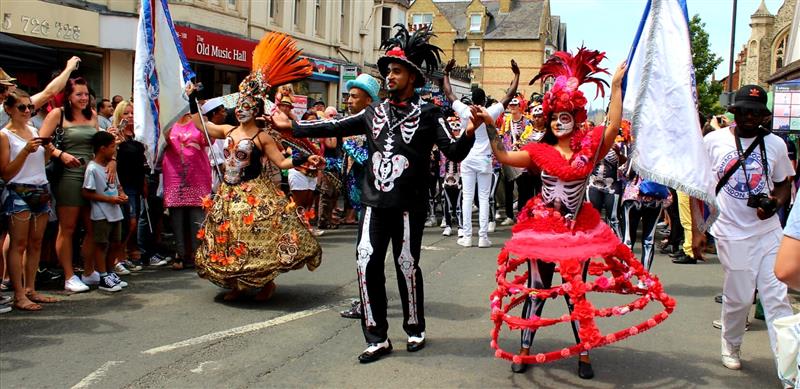In a review of a popular Oxford restaurant, a writer for a national news magazine complained of what she perceived to be Oxford’s ‘self-hating hallucinations’.
I say ‘review’, though in no way was the eatery actually critiqued, save for its saving grace: it’s not technically in Oxford. The writer was angry. Seemingly because she was both caught up in and revolted by Oxford in all its Oxfordness; apparently both a participant in and victim of its vulgarity. Good job that she can excoriate her anger (or guilt?) by leveraging her inside track. Isn’t Oxford so tasteless and crude with its exclusive formalities; so cowardly and evasive with its false realities. They hide behind their ‘bod’ and their ‘entz’ that Oxford lot. She should know, she went there. Thank God she was a double-agent all along.
This makes an easy read I guess. Themes of class, privilege and history can be flung at one another without much discretion (or skill), and the results give most something to chew on. After all, we’ve all seen that photo of the Bullingdon Club on the steps, haven’t we?
A few weeks ago I was in the shadow of St Barnabas Church dancing to garage music emanating from a physical garage. A cardboard cut-out of the Queen had been crowd-surfed to the front where it was placed atop the DJ’s enclave. She seemed quite amused. I was, too. I looked around and was overcome by a long-harboured sense of another Oxford – one that doesn’t have exiles or detractors, apologists or eulogists. This is an Oxford that doesn’t always look good on a postcard and won’t frequently appear in dusty books on dusty shelves; one that makes lazy associations simply asinine.
It’s not as simple as town and gown.
Succumbing to this easy dichotomy is part of the problem. People that decry said split, usually fluffed up with a faux working-class righteousness, actually do more to reinforce it than they realise. There’s just no reason to make a monolith out of a place that contains so many to begin with. Oxford University isn’t just one thing, and Oxford isn’t just a university.
Oxford is a bizarre contradiction – small and international, ancient yet modern, liberally conservative and loudly silent. Oxford is a merry band of East-Timorese men sharing cigarettes outside Ladbrokes, a shark in a roof, a Lebanese dinner before a Jamaican nightcap, a Turkish haircut, a Kurdish taxi ride and getting to know your bus driver. This Oxford is too easily muffled. Except that is, at Cowley Road Carnival.
Once a year, a shimmering kaleidoscope of sound, colour and smell floods Cowley Road. It’s as if all year, like a seed awaiting flowering, the street stores energy until spontaneously detonating with flamboyant, fabulous diversity. Conceived in 2000, the event was originally more of a revival than an out and out celebration. 17 years later and over 50,000 people now take part in what is one of the region’s biggest multicultural community arts events. It is utterly, unironically, unpretentiously joyful. This year’s procession, themed ‘Icons of Art’ was a vision. Frida Kahlos and Pablo Picassos walked by while huge sharks and skeletons surfed atop people of all ages and backgrounds, cultures and creeds. Every conceivable cuisine filled the thick summer’s air with dense scented clouds rising from cavernous cauldrons of curry and grills stacked like ammo belts. Each drum, cymbal, horn and trumpet, every whiff of paprika and tempura – all tell a story. That dance troupe is from the Al Amari refugee camp in Ramallah, I remembered reading. That volunteer also works at the Playhouse, I realised. There’s Count Skylarkin’ and there’s Inner Peace Records, I thought, now weren’t they good at Common People.
Carnival always fills me with a peculiar pride. It’s an almost overwhelming dose of Oxford’s beating heart and toughened sinews – the stuff that makes the place unknowably, elusively adaptive. It’s a true celebration of inclusivity and multiculturalism ignored by those who choose to typecast Oxford into a university with a city attached; a place for insouciant intelligentsia and well-heeled toffs to spend the time between boarding school and working for dad.
No, Oxford is a constant carnival; you just have to take the time to see it.










